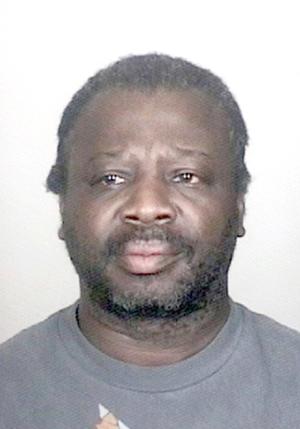A West Newbury, Massachusetts police officer tried unsuccessfully to pull a car over the other day. The officer was able to obtain license plate information and called the number in. He quickly learned that the car was stolen. A search for the car continued. The car was later seen in Groveland where a chased ensued. The vehicles traveled into Haverhill, Massachusetts, venturing downtown and past the Haverhill Police Station. Haverhill police quickly entered the chase as well and were able to get the car to stop. The driver of the car, later identified as Steven Dearborn of Cambridge, Massachusetts exited the vehicle and attempted to flee. He was subdued and arrested. Three passengers remained in the car, held by the police at gunpoint. One of them, Sean O’Shea started fighting with the police and was tased. Dearborn has been charged with a host of Massachusetts Motor Vehicle Crimes including Operating to Endanger, Failure to Stop for a Police Officer and Reckless Operation of a Motor Vehicle. The district attorney referenced many of Dearborn’s prior convictions in his bail argument, listing Drug Possession, Robbery and Breaking and Entering as some of these. O’Shea has been charged with Resisting Arrest and Receiving Stolen Motor Vehicle. The remaining passengers, Johnson and Osborne have been charged with Receiving Stolen Motor Vehicle. The cases are pending in the Haverhill District Court.
Read Article:
Haverhill, Massachusetts Motor Vehicle Crimes Defense Law Firm
Criminal Defense Attorney, Haverhill, Massachusetts
As a Massachusetts Criminal Defense Lawyer the defenses for the defendants other than the driver are clear and were well argued by their attorneys. How do you attribute knowledge that the car was stolen to the passengers? As I have mentioned in the past, this can be inferred if there is damage to the car; i.e. a punched out ignition or broken locks to the car. Absent some indicia that the vehicle was stolen however it is difficult to show that the passengers were guilty of a crime without some observations of criminal activity. O’Shea’s lawyer made the point that his client was passed out in the car and that he had been drinking and was unaware of the events that transpired. Now obviously the police will deny that he appeared at all impaired by alcohol but did they test him? It is doubtful that they did. The facts of this case might result in a dismissal of the charges against some of the defendants unless the prosecution can show criminal behavior on their part. A criminal record or presence at the crime scene do not provide sufficient evidence to sustain a prosecution on these charges. There must be more and nothing more was indicated at the arraignment.
 Massachusetts Criminal Defense Attorney Blog
Massachusetts Criminal Defense Attorney Blog





